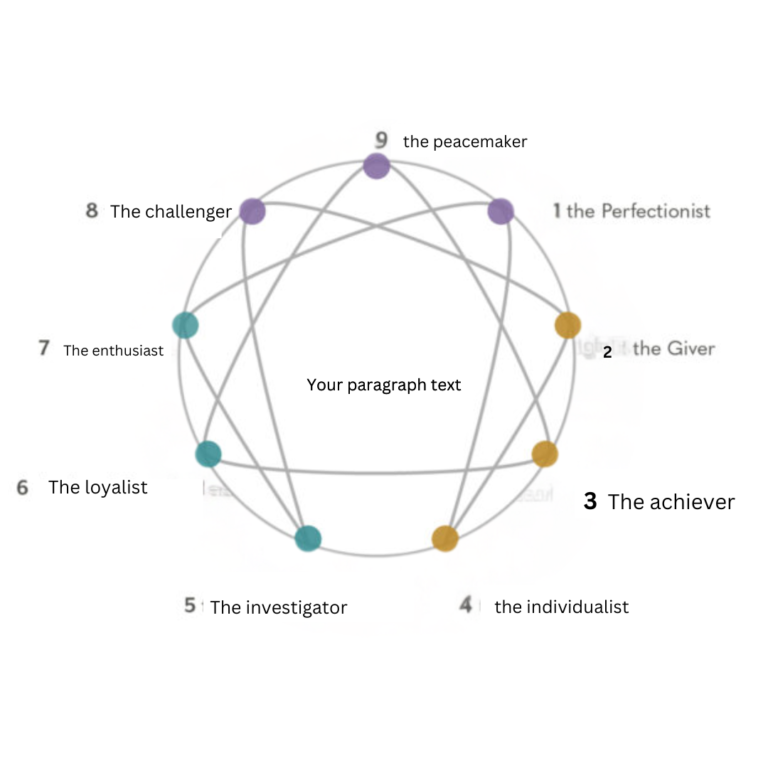Picture this: You’re in a meeting, tensions are running high, deadlines are looming, and one of your team members suddenly snaps. As a leader, how do you respond? Do you react with frustration, or do you take a moment to understand what’s really going on beneath the surface? This scenario highlights why Emotional Intelligence (EI) isn’t just a buzzword—it’s the secret sauce of exceptional leadership.
Why Leaders Need Emotional Intelligence
Think about the diverse environments we work in today, especially in India—a country known for its cultural richness and unique workplace dynamics. From navigating generational differences to managing team conflicts, leaders face challenges that go beyond technical skills. Emotional Intelligence helps bridge these gaps, enabling leaders to connect, empathize, and inspire.
Take Ramesh, for instance, a manager at a Bengaluru-based IT company. His team was grappling with high attrition and declining morale. Instead of enforcing stricter policies, Ramesh decided to listen. He had honest conversations with his team, addressed their concerns about workload, and introduced flexible schedules. The result? Employee retention improved, and productivity soared by 25% in just six months.
Key Components of Emotional Intelligence for Leaders
- Self-Awareness
- Understanding your own emotions is the first step to managing them effectively. Leaders must recognize their triggers and biases to respond rather than react.
- Example: A leader in a Mumbai-based startup noticed their tendency to micromanage during stressful periods. By acknowledging this pattern, they worked on delegating tasks more effectively, leading to a more empowered team.
- Self-Regulation
- Staying in control of one’s emotions under pressure is a hallmark of strong leadership. This helps in making rational decisions even in crises.
- Real-Life Insight: A leader who can keep their cool during a heated discussion fosters trust and stability within the team.
- Empathy
- In India, where family values and personal relationships often overlap with professional lives, empathy is crucial. Understanding an employee’s personal struggles can significantly impact their work.
- Real Incident: During the COVID-19 lockdowns, a Pune-based FMCG company offered flexible work hours for employees managing elderly care at home. This empathetic policy resulted in a 15% increase in employee satisfaction.
- Social Skills
- Building relationships and fostering collaboration are essential leadership traits. Socially adept leaders can resolve conflicts and create a positive work culture.
- Example: At a Delhi-based NGO, the director’s regular “open forums” for employees to voice concerns reduced workplace disputes by 40%.
- Motivation
- Leaders with high EI are self-motivated and can inspire their teams to align with organizational goals. Intrinsic motivation often sets the tone for a driven workforce.
- Real Insight: Teams led by emotionally intelligent leaders are often more resilient and focused, even during challenging times.
Practical Tips for Developing Emotional Intelligence
- Active Listening
- Listen not just to respond but to understand. Use phrases like, “Tell me more” or “How can I help?” to foster open communication.
- Regular Feedback
- Encourage feedback loops. Constructive feedback helps leaders grow and shows employees that their voices are valued.
- Mindfulness Practices
- Incorporate mindfulness techniques like meditation or journaling to improve self-awareness and focus.
- Cultural Sensitivity
- Understand and respect cultural and regional differences within your team, especially in a diverse country like India.
- Training and Development
- Invest in EI workshops or coaching for yourself and your team. Organizations like Tata Consultancy Services have integrated EI training into their leadership development programs, yielding measurable improvements in team dynamics.
The ROI of Emotional Intelligence
Emotional Intelligence doesn’t just benefit employees—it drives tangible business results. A workplace with emotionally intelligent leaders sees lower turnover rates, higher employee engagement, and improved productivity.
In India’s competitive job market, where retaining top talent is a constant challenge, emotionally intelligent leadership can be the differentiating factor. Consider Infosys’ approach: during a high-pressure project, the company’s leadership team personally reached out to employees to check on their well-being. This gesture not only completed the project ahead of schedule but also strengthened employee loyalty.
The Future of Leadership Lies in Emotional Intelligence
Emotional Intelligence is no longer optional for leaders—it’s essential. By cultivating self-awareness, empathy, and social skills, leaders can create a workplace culture that thrives on trust and collaboration. As India’s workforce becomes younger and more diverse, the need for emotionally intelligent leaders will only grow. Remember, leadership isn’t just about managing tasks; it’s about inspiring people. And the heart of inspiration lies in understanding and connecting with emotions. So, start your journey towards emotional intelligence today—because the future of leadership depends on it.



